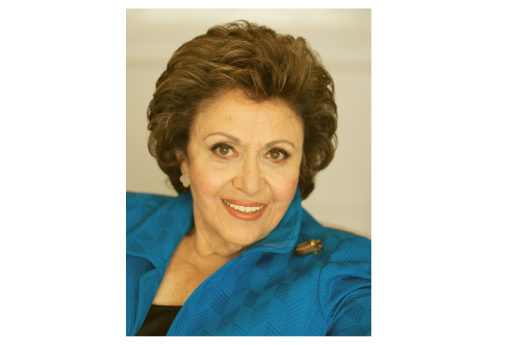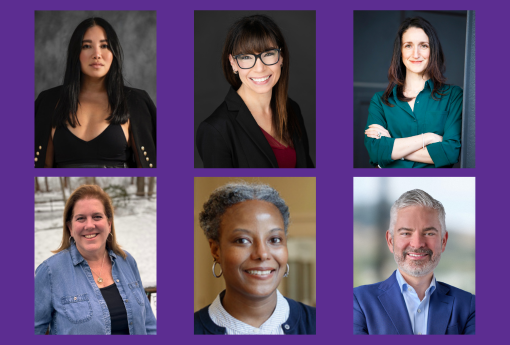
Dr. Sally Shaywitz to keynote Learning Differences Conference 2021
January 24, 2021
The Hamilton Institute at Wheeler announced its 2021 conference with keynote speaker Sally E. Shaywitz, M.D. Audrey G. Ratner Professor in Learning Development at Yale University and Co-Founder and Co-Director of the Yale Center for Dyslexia & Creativity.
Dr. Shaywitz is a world-renowned scientist and physician devoted to bringing ground-breaking scientific advances to benefit dyslexic children and adults. Dr. Shaywitz is the author of over 350 scientific articles and chapters, as well as the award-winning, best-selling book, now updated and filled with the latest 21 st century science, Overcoming Dyslexia 2nd edition.

Audrey G. Ratner Professor in Learning Development at Yale University, Dyslexia: A 21st Century Perspective, Co-Founder and Co-Director of the Yale Center for Dyslexia & Creativity and author, Overcoming Dyslexia Second Edition by Sally Shaywitz MD and Jonathan Shaywitz MD (Knopf, 2020)
Conference Breakout Sessions
- Indicators of Early Reading Challenges & Intervention
Review early reading indicators with Hamilton School’s first-grade teacher, Carrie Sorensen. Learn about screening tools to assess readers at various levels, as well as a broad overview of Orton-Gillingham, a systematic approach to teaching reading, writing, and spelling. - Assistive Technology for Reading and Writing
Middle School Hamilton resource teacher, Beau Poppen-Abajian, reviews various assistive technologies to support upper elementary and middle school students with learning differences. - Differences, not Disabilities: Stepping Away from the Deficit Model
Hamilton science teacher, Zach Edson, discusses reframing learning differences in a positive way. He will touch on the evolutionary selective advantages of learning differences, ways to support your child’s emotional health and positive self-image, and how to support the LD population during virtual and in-person school. - Getting Complex Learners Ready to Learn for Success in the Classroom
Led by a team from The Wolf School in East Providence, this breakout session will focus on teaching children with co-occurring diagnoses. You will hear from an occupational therapist, speech and language pathologist, and a 2nd-4th grade classroom teacher. They will discuss the foundational skills required for learning readiness, demonstrate differentiated instruction, and share tools and strategies that can easily be implemented using everyday materials.

